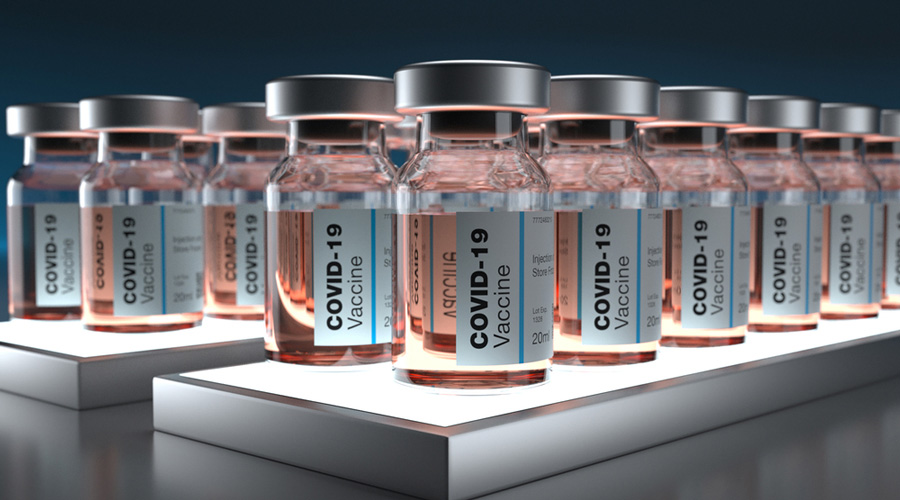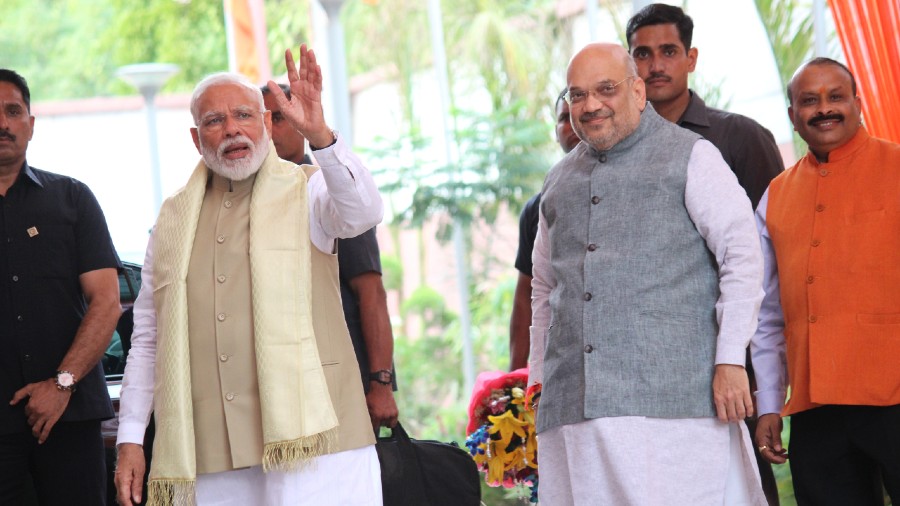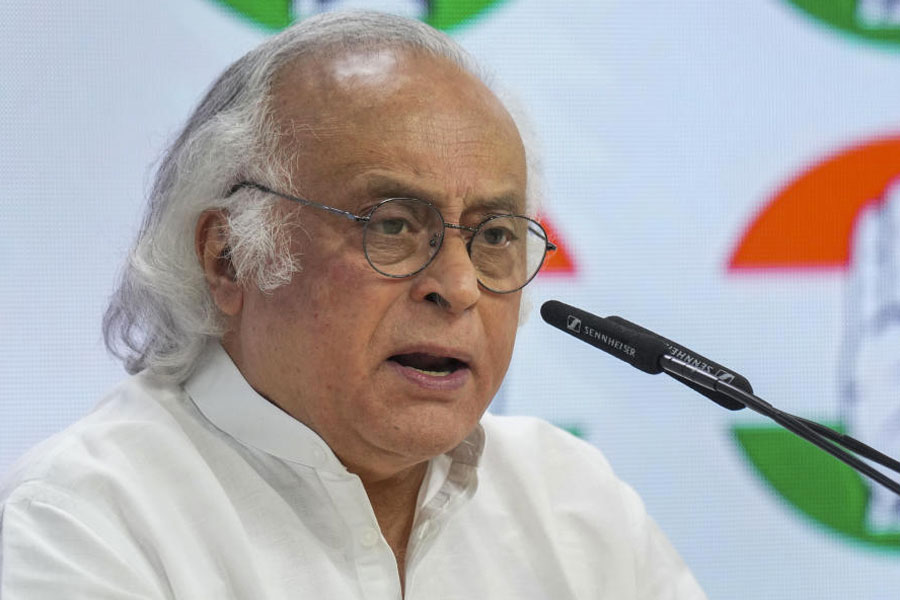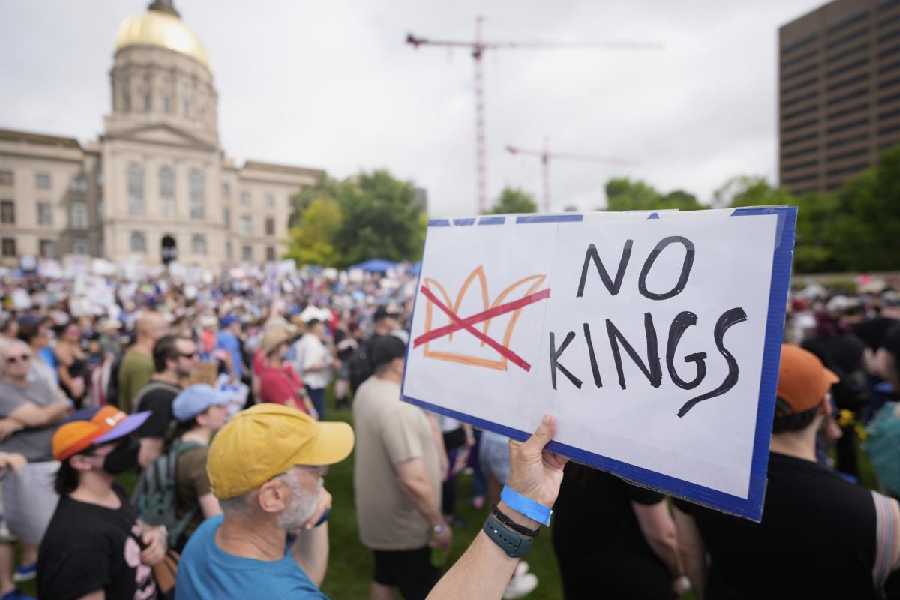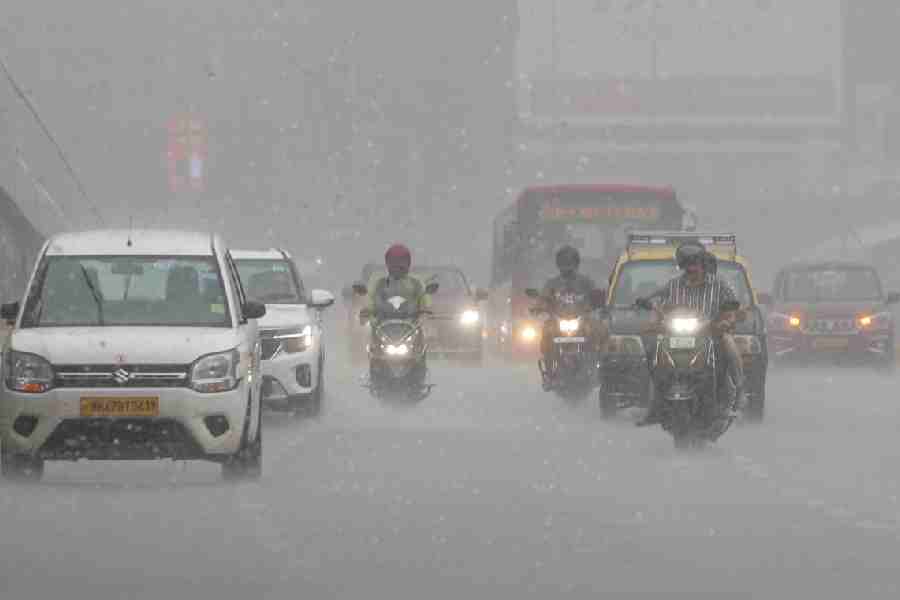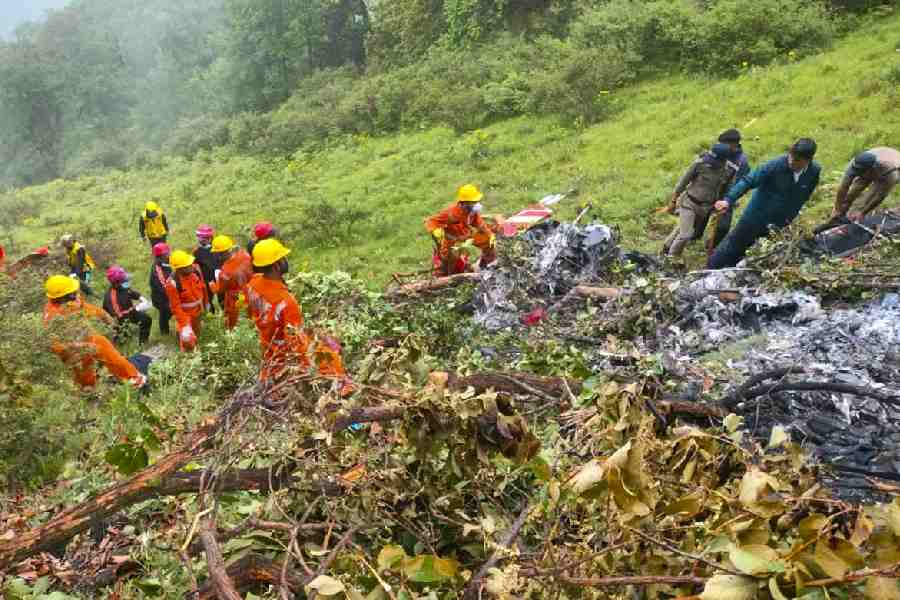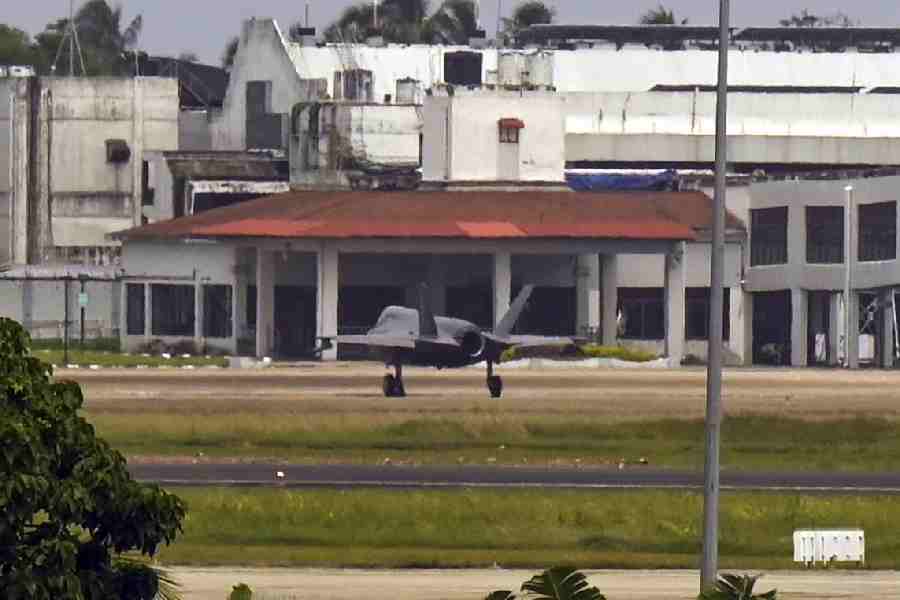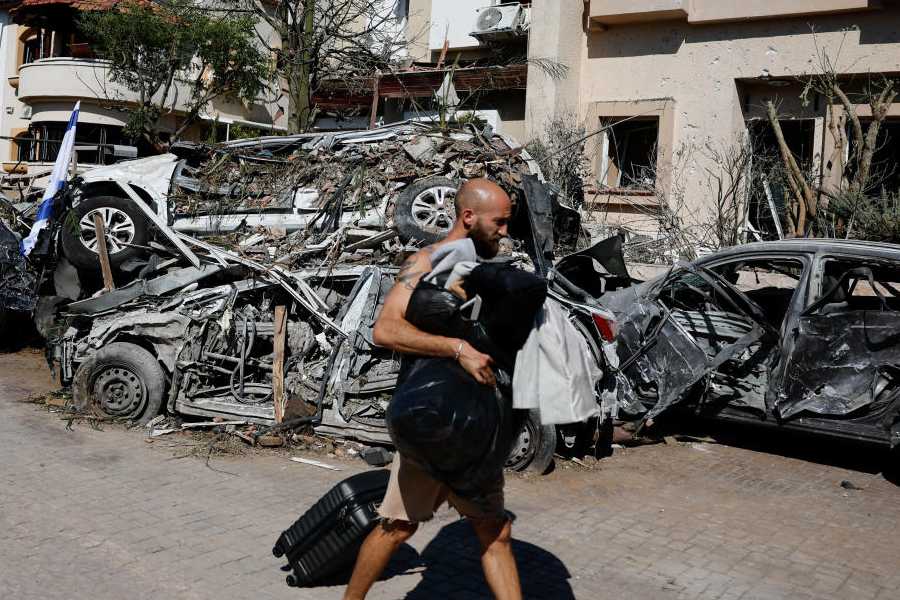India is likely to face extreme shortages of Covid-19 vaccines if all adults eligible for vaccination begin queuing up for the jabs from May 1, health and industry experts have said.
The Centre’s revised vaccination policy has more than doubled the population of potential vaccine beneficiaries without immediate provisions for the extra doses needed, the experts said.
“It is scary… where are the doses India would require at this scale?” asked a top vaccine industry executive.
“There’ll be a bit of madness for some time, then things will settle down,” added the industry executive who requested anonymity.
The April 19 decision to widen the vaccination net from the current 45 years or older to all adults has, experts said, increased the number of the eligible beneficiaries from around 350 million to 900 million.
India currently has access to about 70 million doses per month of the Serum Institute of India’s Covishield and about 20 million doses per month of Bharat Biotech’s Covaxin, according to health officials and industry analysts.
“The phase of vaccinations starting May 1 will increase demand significantly without a clear pathway to increasing the supply,” Krishna Udayakumar, associate professor and founding director of the Duke Global Health Institute in the US, told The Telegraph.
India has invited vaccine makers such as Pfizer and Moderna to introduce their vaccines in India and said private hospitals are free to procure such vaccines. “This has raised hope that such international manufacturers would speed up delivery to India, though we don’t see this yet,” Udayakumar said.
The entry of Russia’s Sputnik V — a third vaccine India has approved — and the anticipated release of AstraZeneca’s vaccine stocks by the US for use in other countries could ease the shortage, but experts are unclear of the timelines and doses available to India.
What the Centre has described as a “liberalised and flexible” vaccination policy is a reversal of a stand asserted by health officials and the Union health minister Harsh Vardhan earlier this month.
“So long as supply of vaccines is limited, there is no option but to prioritise,” Vardhan had said on April 7 in a statement that had described as “deplorable” demands by some states to offer vaccines to people 18 years or older.
Health policy experts view the Centre’s reversal of stand as a move to shift the responsibility of vaccinating all adults from the Centre to the states — without the doses required to facilitate the process.
“This appears to have been a political move,” in response to the demand from some states and health experts to open up vaccination to all adults, one industry executive said. “The demands likely came from a poor understanding of reality.”
The Union health ministry on Tuesday said the Centre had provided over 156 million vaccine doses to states, releasing a table showing every state with some unused doses. An additional eight million doses would reach the states within three days.
But in several states — including Maharashtra and Bengal — aspiring vaccine recipients, some seeking the their first doses, and some seeking second doses, have been turned away by vaccination centres because of shortages.
The health ministry said Maharashtra had over 923,000 doses unused on Tuesday, while Bengal had over 397,000 unused doses.
But a health expert in Delhi said a stock of unused vaccines in a state need not mean every vaccination centre has enough to vaccinate everyone who turns up.
Experts predict the shortages will intensify in the coming weeks. Under the new policy, the Centre would procure 50 per cent of the doses and distribute them to states, while states and private hospitals would be free to procure the balance 50 per cent doses on their own from manufacturers.
Both the Serum Institute and Bharat Biotech have indicated that in the early weeks they would have only limited stocks to distribute to private hospitals where Covishield would be priced at Rs 600 and Covaxin at Rs 1,200.
The Centre earlier this month announced financial support to the vaccine makers to help them ramp up their production capacity. “We cannot increase supply immediately,” an executive representing one of the two companies said. “This will take time, some weeks.”

